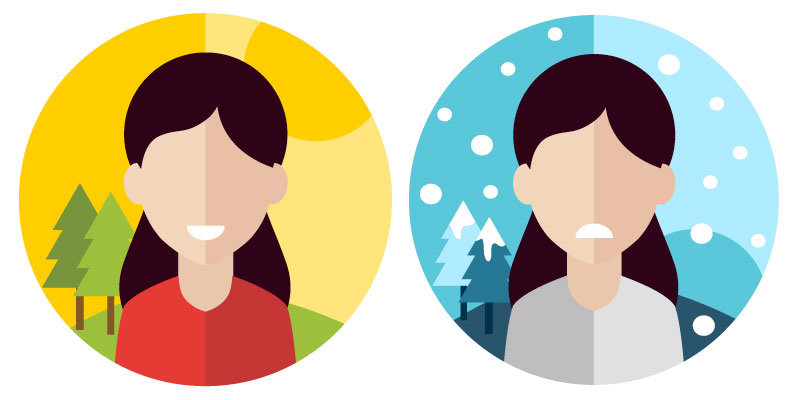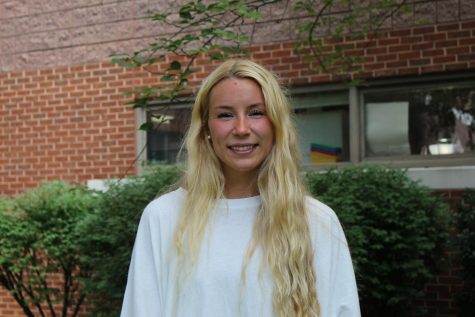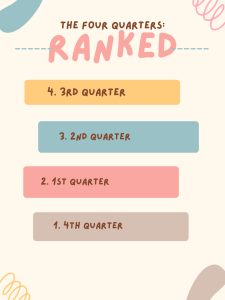SAD
December 4, 2020
As winter approaches, so can the negative effects that come with the change of season for some. It is no secret that winter brings many physical health problems, such as colds, dry skin and hair, and weight gain due to reduced exercise. Mental health is also impacted by the shorter days, longer nights, and colder temperatures. According to UC Health, Seasonal Affective Disorder (SAD) is a form of depression caused by the change of season. SAD is said to impact more than 500,000 people in the United States. Common symptoms include sadness, irritability, anxiety, withdrawal from social activities, and fatigue. The symptoms typically begin in November and end in March, however, it is different for everyone.
The change of season has a different effect on everyone. The shorter days that come with winter can be especially hard on full-time students. The normal 8:30 a.m. to 3:00 p.m. school schedule does not leave room for time to get the needed amount of sunlight during the winter. Sunlight can increase the body’s serotonin levels, which results in a better mood and mental state.
Sophomore Ali Pfaff is a full time student and an avid swimmer.
“With daylight savings, it gets dark way earlier, and it feels like the day is over before I get to go outside to relax,” said Pfaff. “I do school, go to swim practice, and by that point, it is dark and cold.”
However, there is a special device called a light therapy box that is intended to help those affected by SAD. The light that comes off of the light therapy box is intended to mimic outdoor sunlight. Light therapy is meant to help improve the brain’s chemicals that affect mood to decrease the symptoms of SAD. Light therapy is said to be helpful to use while working or doing school to help stay focused. Light therapy may be a solution for those who want to reduce their SAD.
Some forms of SAD can happen during the spring and summer, as opposed to fall and winter. With this kind of SAD, the symptoms are caused by the heat instead of lack of sunlight and the cold.
Junior Braden Hamilton is on the opposite side of the spectrum.
“With daylight savings, I usually feel bad the first week or so, but I soon get used to it,” said Hamilton. “I have always loved the cold. I feel like the cold weather makes me feel more productive in a way.”
Whether you are a summer-loving person or a winter fanatic, it is important to understand your body and the importance of good mental health during the changing seasons. Ensuring that you have adequate sunlight exposure, proper vitamin D levels, and exercise could change your health and perspective on the seasons.
https://www.uchealth.com/articles/how-winter-affects-your-mental-health








